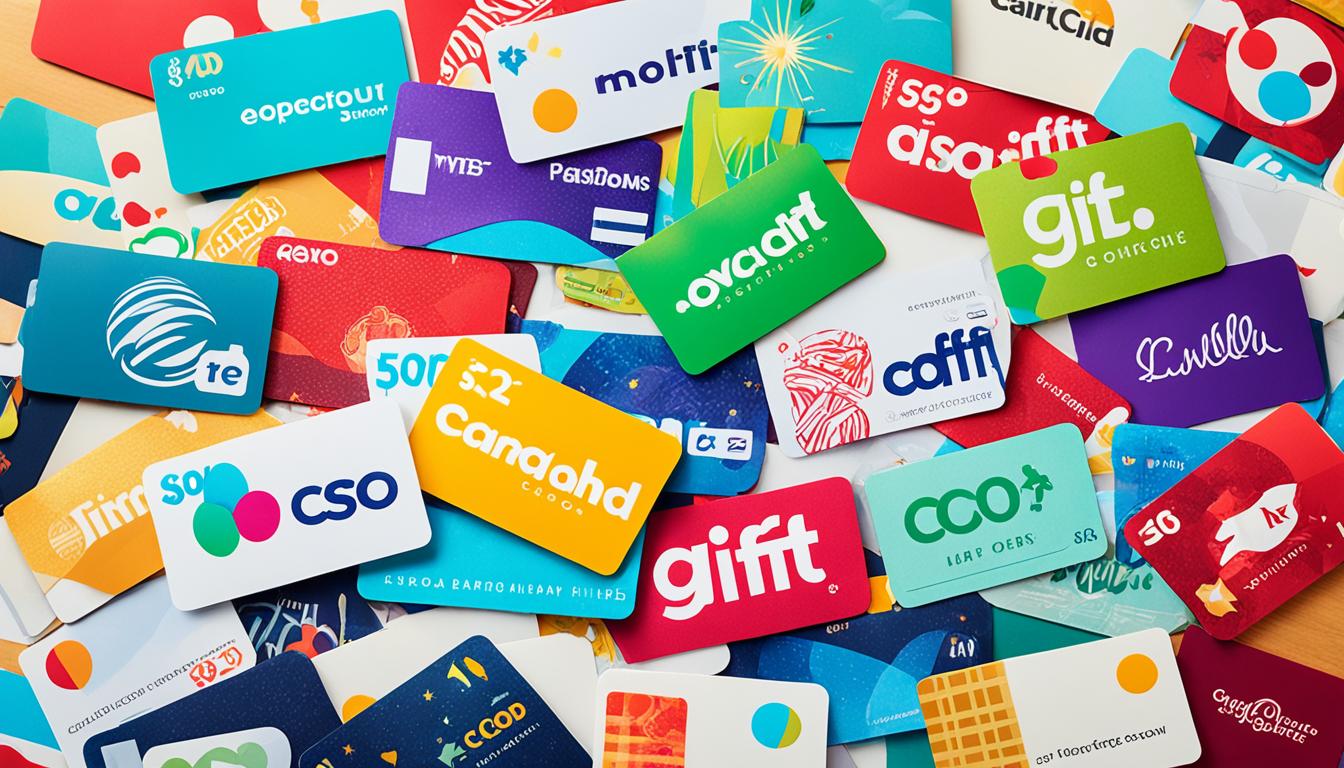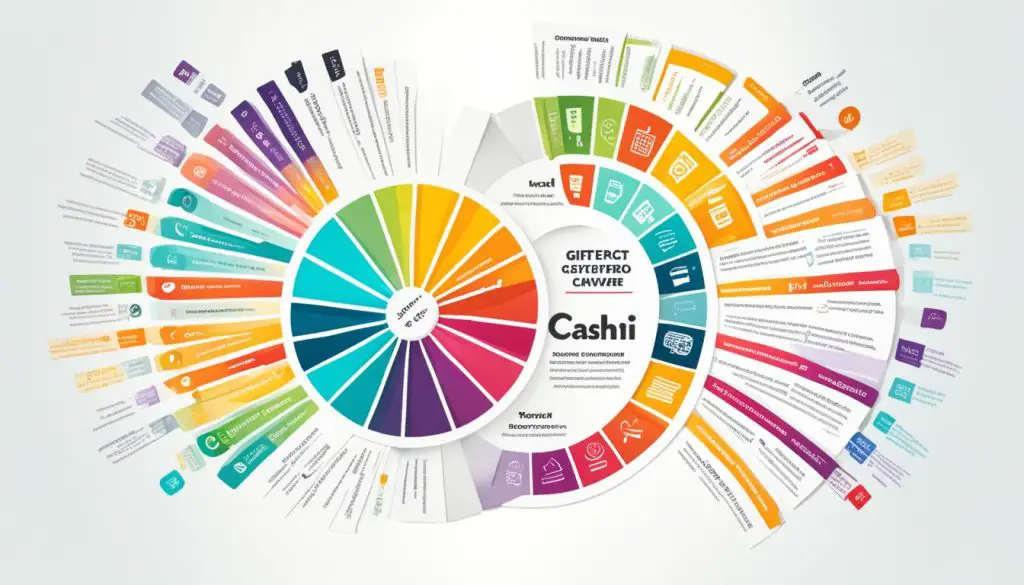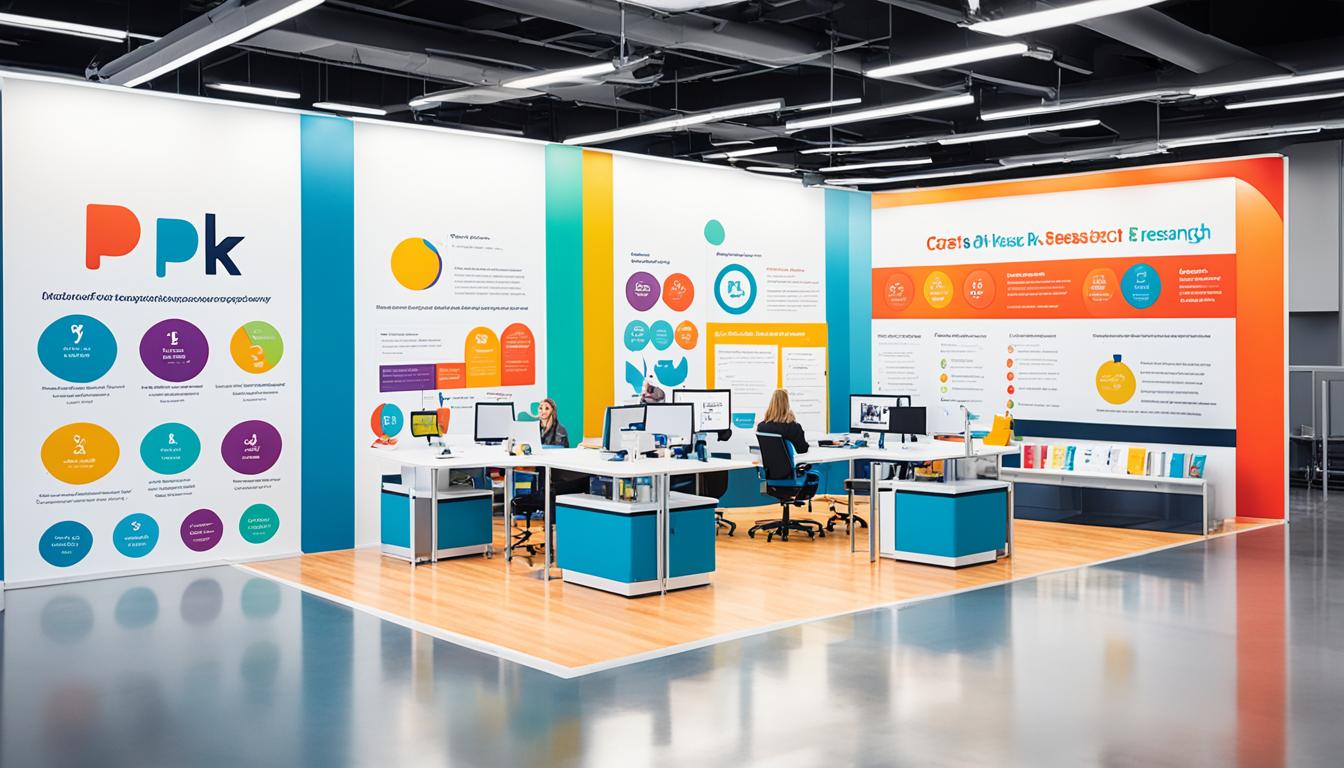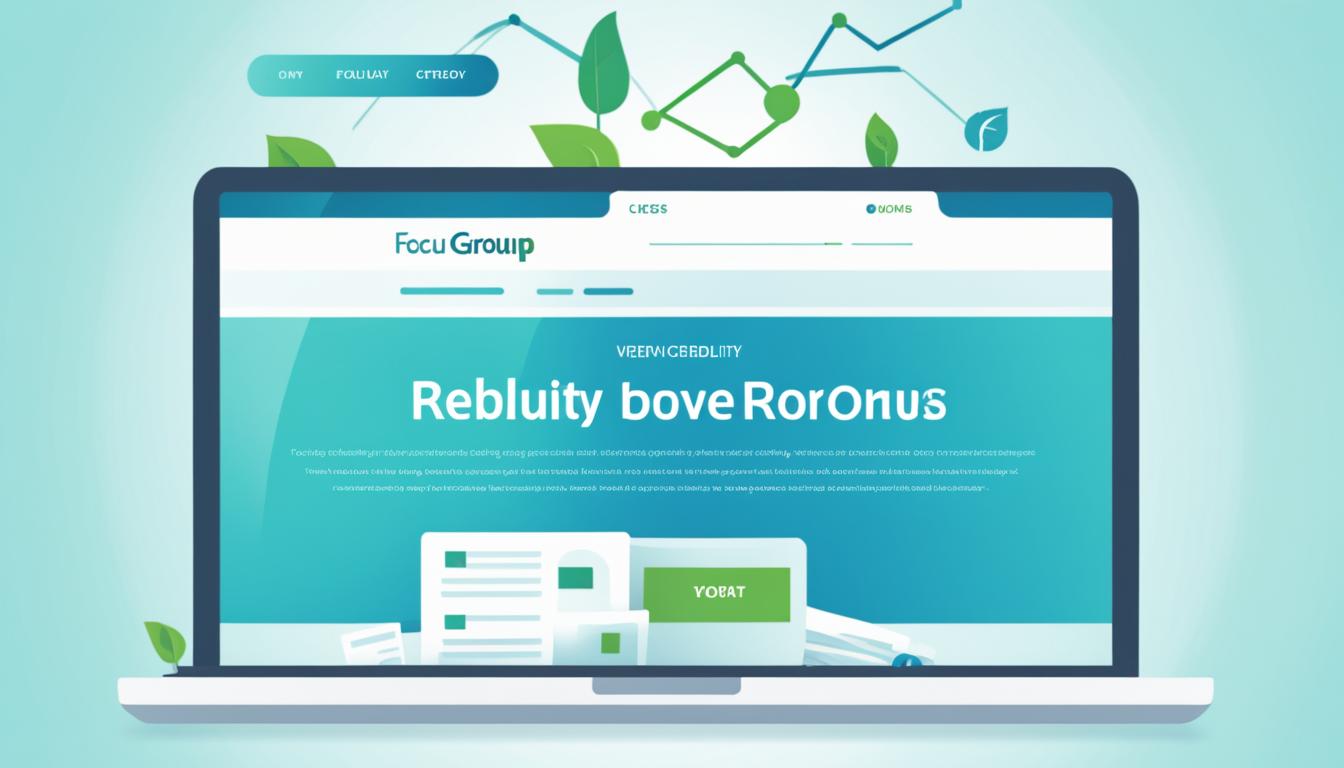Maximizing Market Research Participation: Choosing Effective Focus Group Incentives

Market research is a crucial component of any successful business strategy. Conducting focus groups allows companies to gain valuable insights and feedback from their target audience. However, ensuring active participation in these research studies can be challenging. That’s where focus group incentives come into play.
Choosing the right incentives can make a significant difference in engaging and motivating participants effectively. In this article, we will explore the importance of selecting the right focus group incentives to maximize market research participation.
Key Takeaways:
- Selecting effective focus group incentives is crucial for maximizing market research participation.
- Incentives play a vital role in engaging and motivating participants effectively.
- Understanding the value of focus group incentives in market research helps in obtaining valuable insights.
- Different types of incentives such as cash, gift cards, vouchers, and prepaid cards offer various benefits for research studies.
- Implementing best practices for focus group incentives ensures successful participant recruitment and engagement.
The Value of Focus Group Incentives in Market Research
In the world of market research, understanding the needs, preferences, and opinions of target audiences is crucial for making informed business decisions. One effective way to gather such insights is through focus groups, where a small group of individuals engage in a guided discussion on specific topics.
However, convincing individuals to participate in focus groups can sometimes be challenging. This is where focus group incentives play a significant role. By offering incentives, researchers can motivate and engage potential participants, resulting in higher response rates and more meaningful discussions.
Market research studies have shown that offering incentives can lead to more reliable and in-depth qualitative research. Incentives not only attract a diverse pool of participants but also encourage active participation and honest feedback.
In addition to driving participation, focus group incentives can provide valuable insights from target audiences. Individuals are more likely to share their thoughts openly and honestly when they feel rewarded for their time and effort. This allows researchers to gain deeper insights into consumer behaviors, opinions, and preferences.
Furthermore, focus groups are an effective research methodology for exploring complex topics, testing new ideas, and gathering in-depth qualitative data. By incorporating incentives into the process, researchers can ensure higher engagement and adherence to research protocols.
In summary, focus group incentives are a valuable tool in market research. They enhance the qualitative research process, facilitate valuable discussions, and provide researchers with a deeper understanding of their target audiences. In the next section, we will explore the different types of focus group incentives that can be utilized to maximize participation and engagement.
Types of Effective Focus Group Incentives
When it comes to maximizing market research participation through focus group incentives, choosing the right type of incentive is crucial. Different participants may respond differently to various incentives, so it’s important to offer options that appeal to a wide range of individuals. In this section, we will explore some effective focus group incentives and discuss their suitability for engaging participants.
Cash Incentives
One popular type of focus group incentive is cash. Cash incentives offer participants the flexibility to use the reward however they choose, making it a versatile option. Whether it’s additional spending money or a small financial boost, cash incentives can be highly motivating for participants.
Gift Cards
Another widely used incentive is gift cards. By providing participants with gift cards to popular retailers or online platforms, you offer them the opportunity to choose a reward that aligns with their personal preferences. This flexibility can increase the appeal of participating in a focus group.
Vouchers
Vouchers are also effective incentives for focus group participation. By offering vouchers for experiences, such as dining, entertainment, or spa treatments, you provide participants with a memorable reward. Vouchers can create a sense of excitement and anticipation, encouraging individuals to actively participate in the research process.
Prepaid Cards
Prepaid cards are another convenient and versatile option for focus group incentives. These cards can be loaded with a specific amount of money and used at various establishments, giving participants the freedom to choose how and where they want to redeem their reward.
When choosing the most suitable incentive type for your focus groups, consider the preferences and demographics of your target audience. By offering a variety of options, such as cash incentives, gift cards, vouchers, and prepaid cards, you can increase the likelihood of attracting and engaging a diverse pool of participants.

Implementing Focus Group Incentives: Best Practices
In order to maximize market research participation, it is crucial to implement effective focus group incentives. This section will guide you through the best practices for implementing these incentives, ensuring that you reach your target audience and achieve optimal participant engagement.
1. Reaching your target audience
To implement focus group incentives successfully, you must first identify and reach your target audience. Start by conducting detailed market research to understand the demographics, interests, and preferences of your desired participants. This will help you tailor your recruitment strategies and incentive offerings accordingly.
2. Recruitment strategies
When it comes to recruiting participants for your focus groups, consider using a multi-channel approach. Utilize online platforms, social media networks, and email marketing campaigns to reach a wide range of potential participants. Additionally, you can collaborate with professional recruitment agencies or tap into existing customer databases to expand your reach.
3. Participant selection criteria
When selecting participants for your focus groups, it is important to establish clear criteria. Determine the specific characteristics and attributes that align with your research objectives. This may include factors such as age, gender, occupation, or specific product usage habits. By clearly defining your participant selection criteria, you can ensure the relevance and quality of the insights gained from your focus groups.
4. Aligning incentives with research objectives
One of the key aspects of implementing focus group incentives is to align them with your research objectives. Consider the purpose of your study and the type of insights you aim to gather. For example, if your research revolves around a particular product or service, consider offering participants product samples or exclusive discounts as incentives.
Remember, the incentives you offer should be appealing and provide value to your participants, as this can significantly enhance their motivation and engagement during the focus groups.
By implementing these best practices, you can effectively utilize focus group incentives to drive maximum participation and gather valuable insights from your target audience. Stay tuned for the conclusion, where we summarize the main takeaways and emphasize the importance of choosing effective focus group incentives in market research participation.
Conclusion
Choosing effective focus group incentives is crucial for maximizing market research participation. Throughout this article, we have explored the value of incentives in engaging and motivating market research participants effectively.
We have learned that focus group incentives play a significant role in market research, enhancing the qualitative research process and providing valuable insights from target audiences. By offering incentives, researchers can create a positive environment where participants feel valued for their time and opinions.
In order to implement incentives successfully, different types of incentives such as cash, gift cards, vouchers, and prepaid cards can be considered. It is essential to choose the type that aligns with the research objectives and resonates with the target audience.
By following best practices for implementing focus group incentives, researchers can ensure a successful recruitment process and maximize participant engagement. The right incentives not only attract a diverse group of participants but also drive their active involvement in research studies.





